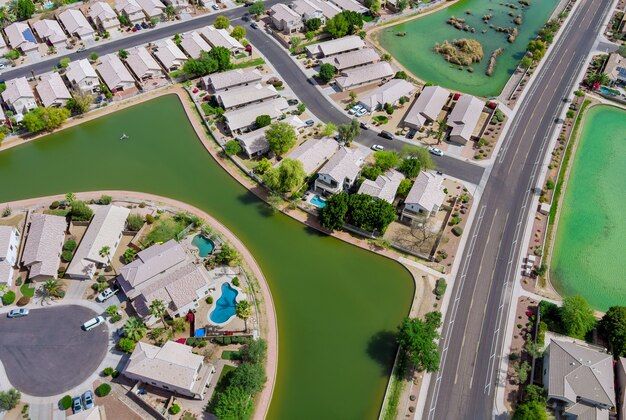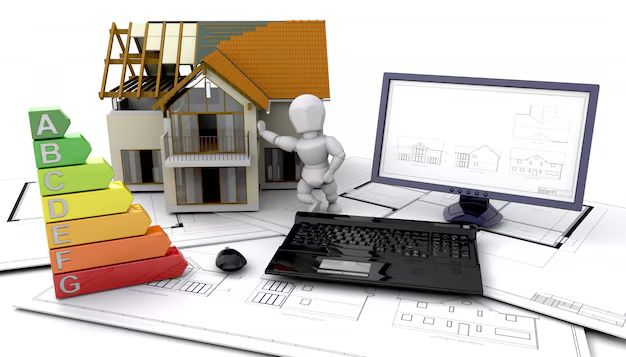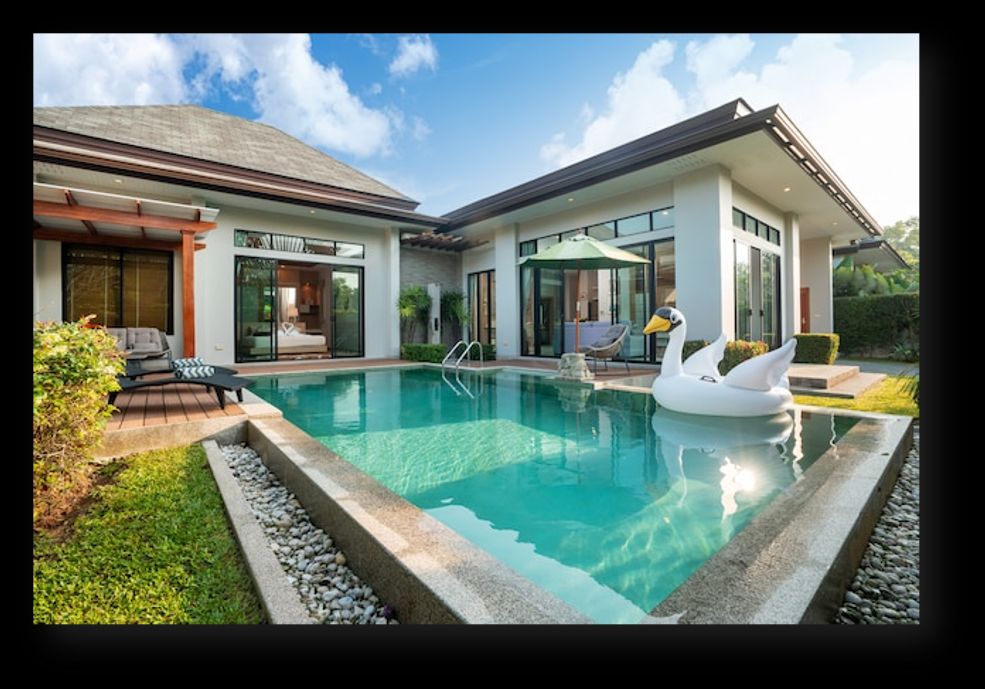When it comes to buying a home, one of the biggest decisions you will face is whether to purchase a new construction home or an existing home. Both options have their own set of advantages and considerations, and the right choice for you will depend on your lifestyle, budget, and long-term goals.
To help guide you through this process, here are some important factors to consider when choosing between a new construction home and an existing home.
1. Cost and Budget Considerations

New homes have a higher upfront cost due to the quality of materials, modern construction methods, and added features like energy efficiency. However, they might come with lower maintenance costs in the first few years because everything is brand new.
Existing homes can be more affordable, especially if you are looking at older properties in established neighborhoods. However, they may require more immediate repairs or updates, which can add to the total cost. It is important to consider the home inspection report to identify potential issues that could lead to costly repairs down the line.
2. Customization and Features

From choosing your floor plan to picking out finishes like countertops, and cabinets, new homes offer a high degree of personalization. Some builders even allow you to add special features like smart home technology or eco-friendly options.
With an existing home, customization is limited, but that does not mean you can not make changes. You may have the option to remodel certain areas like the kitchen or bathroom to fit your tastes, but it’s important to factor in the additional cost and time of doing so.
3. Location and Neighborhood

New homes are located in emerging areas, which may feature new amenities, updated infrastructure, and recently built schools. However, these neighborhoods may still be growing, so they might not have the same sense of community that established neighborhoods provide.
Existing homes are typically located in neighborhoods that are well established with mature trees, good schools, and community features that have been around for a while. However, the trade-off is that you may not get the latest amenities or infrastructure.
4. Energy Efficiency and Modern Features

One of the most significant benefits of new construction is the emphasis on energy efficiency and the latest sustainable building practices. New homes are equipped with better insulation, energy-efficient windows, and modern heating and cooling systems. This means lower utility bills and smaller environmental footprint over time.
Older homes may not have the same level of energy efficiency. You may need to replace older windows, insulation, or heating and cooling systems, which can require a larger initial investment.
5. Resale Value and Market Trends

New homes retain value because of their modern amenities, warranties, and appeal to buyers wanting homes ready to live in right away. However, it is essential to consider the market conditions of the area you’re buying in.
Although older homes may lack the modern features of new construction, they can provide a strong return on investment, particularly if they are situated in a desirable location. Plus, homes in established neighborhoods tend to appreciate more consistently over time.



